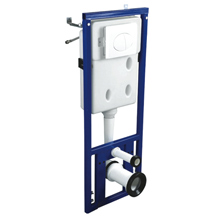As a new type of building, container houses have gradually attracted market attention in recent years due to their unique design and construction advantages. This article will explore the feasibility of container houses for commercial use and analyze their market potential and successful cases.
With the popularization of the concept of sustainable development, the characteristics of container houses in environmental protection and resource utilization have shown broad market potential in the commercial field. According to market research data, the design and construction of container houses can save about 30% of time and cost compared with traditional buildings, which is undoubtedly an attractive advantage for commercial project investors.
There are already many successful cases of container houses in commercial use, such as:
The construction of container houses not only saves materials and reduces resource consumption, but also reduces land occupation through its mobility, thus achieving the goal of green building.
In summary, the feasibility of container houses in commercial use is not only reflected in cost and time savings, but also in its sustainable development potential. For decision makers, investing in container houses helps achieve architectural innovation and environmental protection goals.







